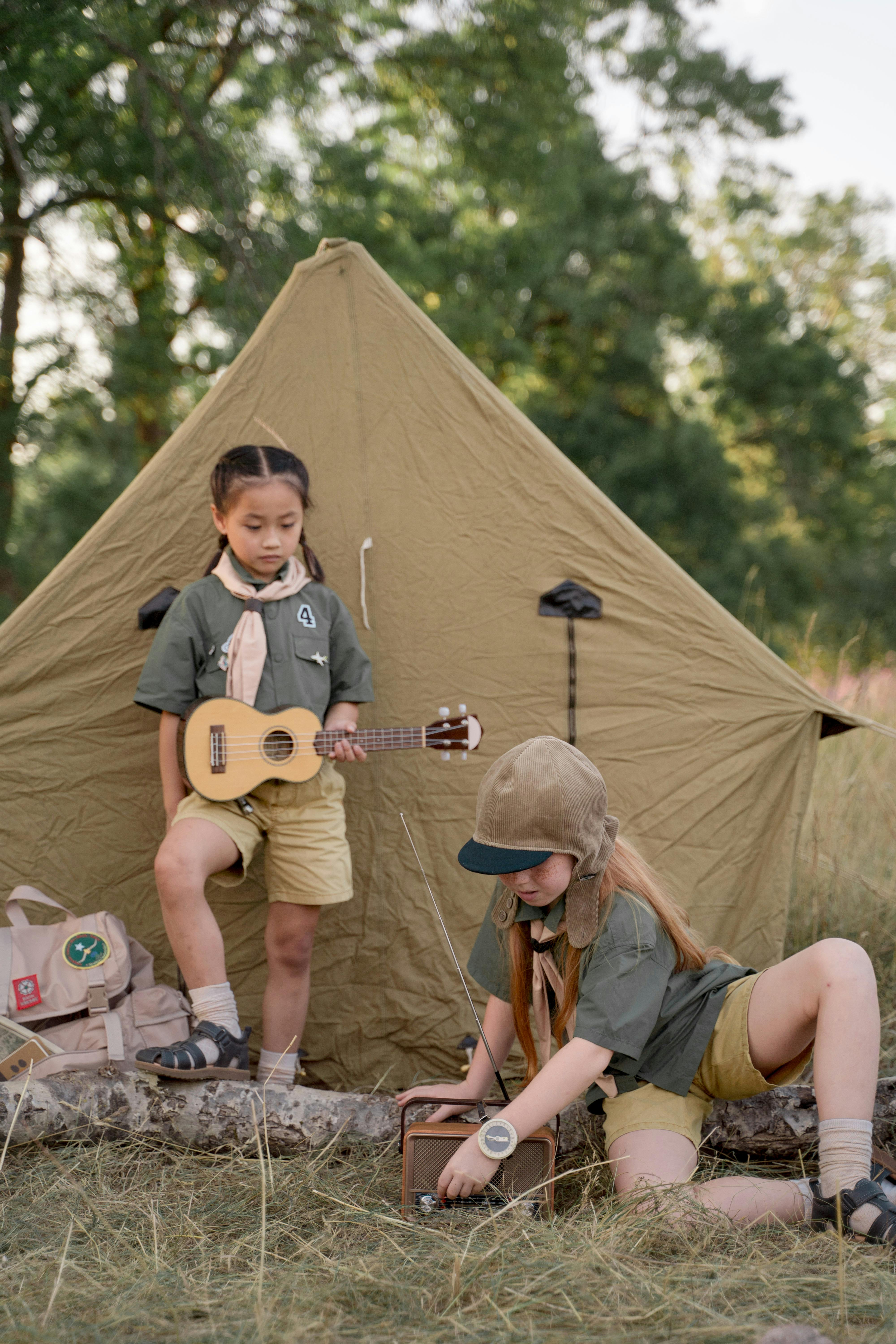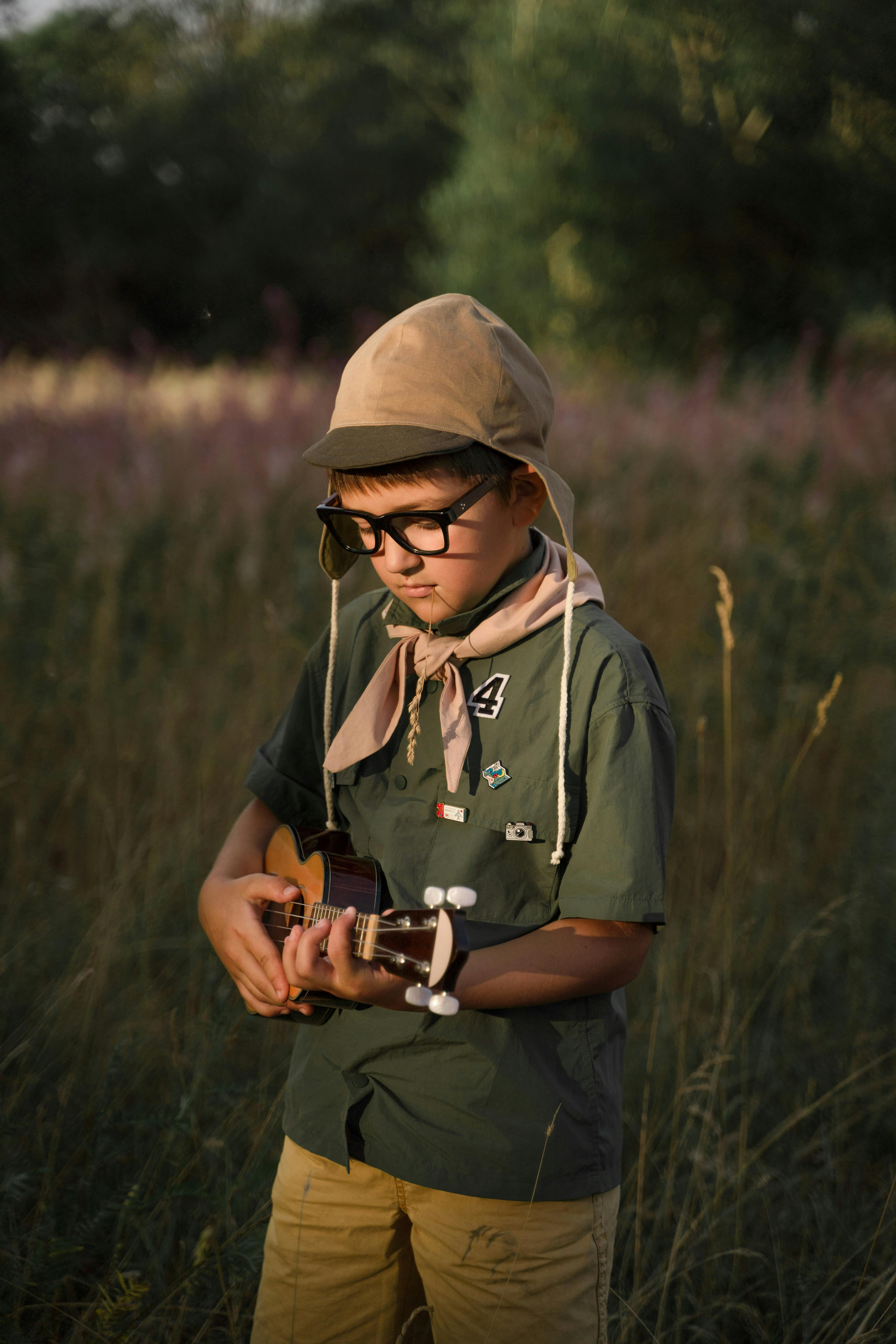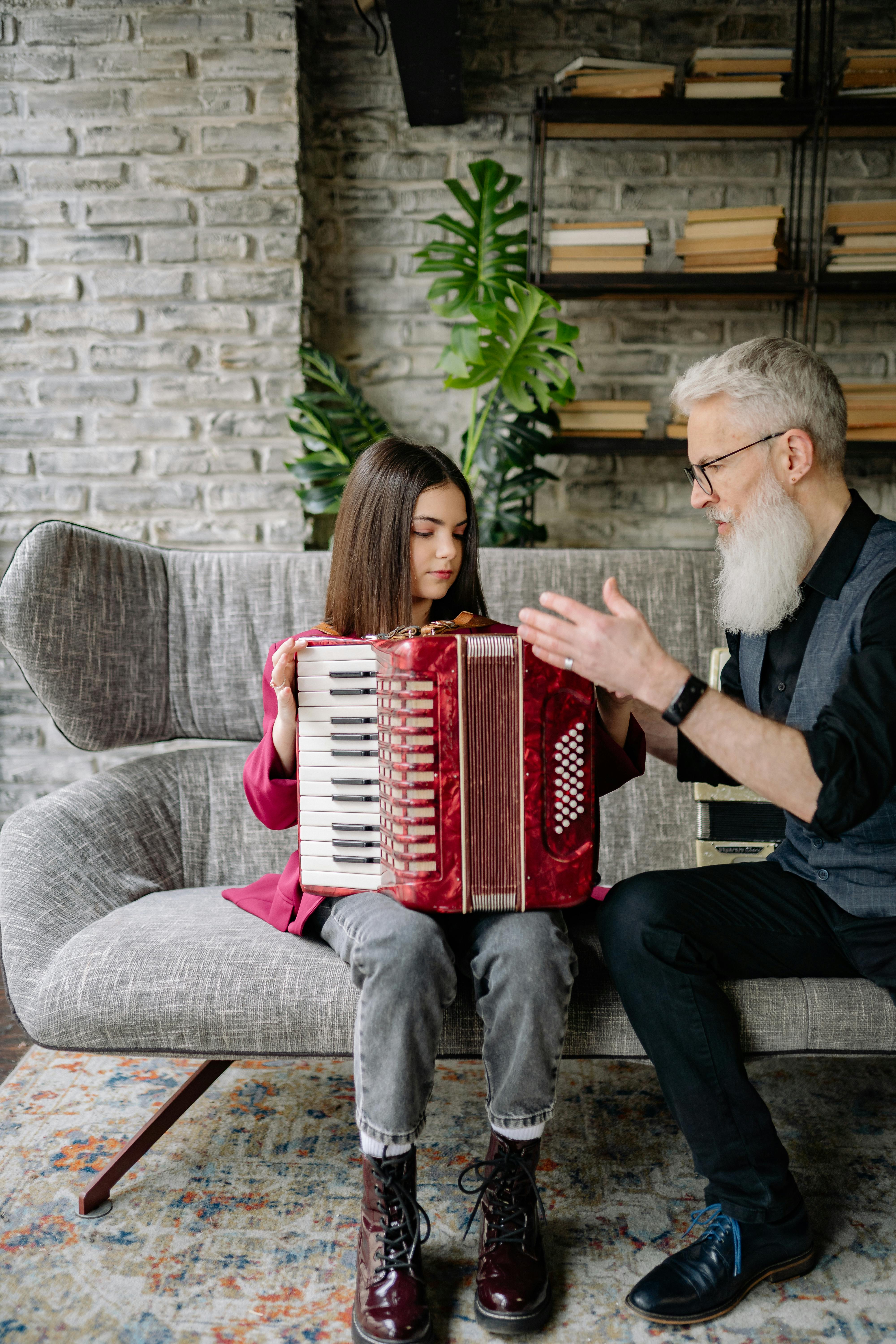
I. Introduction
In a world where communication often feels like deciphering an ancient script, imagine a little boy named Charlie, a curious soul who speaks fluent “robot” but struggles with the language of people. His room is a cacophony of colors, toys, and, most importantly, music. Charlie’s mother, Sarah, often wonders if there’s more to this symphony of sounds than meets the ear. “Can music really help him connect with others?” she muses, as another day of mismatched conversations and puzzled expressions unfolds. This is the often-unexplored terrain of Autism Spectrum Disorder (ASD), where traditional therapies may seem as effective as a screen door on a submarine. But what if music—those delightful vibrations that tickle the senses—could be the key to unlocking a world of communication for children like Charlie?
As we journey through this melodious exploration, let’s uncover the science, the stories, and the solutions that music brings to the lives of autistic children. It’s a tale not just of notes and rhythms but one of connection, emotion, and transformation.
II. The Science Behind Music and Autism
Now, let’s not get too lost in the weeds of scientific jargon, but bear with me. When it comes to the brains of autistic children, studies reveal that their neural pathways respond to music in ways that can make your heart sing. Research indicates that music stimulates brain regions responsible for processing emotions and social cues—areas that sometimes seem to be taking an extended vacation in autistic individuals. A study published in the journal Frontiers in Psychology found that music therapy can enhance brain connectivity and improve activation patterns, leading to better emotional regulation.

“So, you’re saying a good tune can work some sort of magic?” Sarah asks, intrigued. “Well, it’s not quite magic, but close!” I reply, smiling. With evidence suggesting that music can reduce anxiety and improve mood, it becomes clear that this art form is more than just entertainment; it’s a potential lifeline for many.
III. Enhancing Communication Skills Through Music
Ah, the age-old dilemma: how to get little ones to communicate effectively. Research shows that music can significantly enhance language development in children with autism. Think of rhythm and melody as the peanut butter and jelly of speech patterns. As Sarah claps along to Charlie’s favorite song, she notices how the rhythmic beats seem to guide his speech. It turns out that songs can improve vocabulary and comprehension, transforming the way children express themselves.

Take the story of Emily, another child who struggled with verbal communication. With the help of music therapy, she learned to sing her feelings rather than hide them. “It’s like she found her voice, and it came wrapped in a melody,” her mother shared, beaming with pride. Instruments, too, play their part, allowing children to express emotions that words sometimes fail to capture. A simple drum or a xylophone can act as a bridge, leading to breakthroughs that leave families astonished.
IV. The Impact of Music on Social Skills
“You can’t teach a fish to climb a tree,” they say, but perhaps you can teach a child to share a beat. Music acts as a social glue, binding children together in joyous activities. Whether it’s group singing or playing instruments, these shared experiences encourage turn-taking and joint attention—skills that can be as elusive as a unicorn in a foggy forest for many autistic children.

In one memorable session, Charlie participated in a group drumming activity where laughter and rhythm filled the air. “I didn’t know he could keep a beat!” Sarah exclaimed, eyes wide with wonder. Improv sessions further encourage creativity, allowing children to interact in a space free from judgment, fostering social engagement.
V. Emotional Benefits of Music for Autistic Children
Imagine a world where emotions are as tangled as a ball of yarn thrown by an overzealous cat. Music can help disentangle that mess, providing a safe outlet for expression. By understanding and managing emotions through sound, autistic children can navigate their feelings with greater ease. It’s like having a personal guidebook to feelings, written in notes and rhythms.

Family testimonials echo this sentiment. One father shared how his son used to retreat into silence during stressful moments, but after engaging with music, he found solace in strumming his guitar. “It’s like watching him come alive,” he said, with a glimmer of hope in his eyes. Long-term exposure to musical activities can foster emotional resilience, transforming struggles into strengths.
VI. Innovative Musical Interventions and Approaches
Now, let’s talk turkey—or in this case, music therapy methods. From active to receptive music therapy, there’s a veritable buffet of approaches tailored to individual needs. Active therapy involves participating in music-making, while receptive therapy focuses on listening to music and reflecting on emotions. With the rise of technology, educators and therapists are now incorporating apps and digital tools into musical interventions, creating a personalized experience that resonates with each child.

For instance, one innovative program uses a combination of live music and technology to engage children in a multisensory experience. The results? A more profound connection to both the music and their peers. It’s a brave new world of sound!
VII. Resources for Parents and Educators
For those navigating this musical maze, fear not! Finding qualified music therapists is easier than finding a needle in a haystack if you know where to look. Organizations like the American Music Therapy Association provide resources and directories to help parents connect with professionals.
Moreover, simple music activities can be integrated into daily routines at home or school. From singing during car rides to incorporating musical games in the classroom, the possibilities are as endless as a kid’s imagination. And let’s not forget community resources, which can provide support networks, workshops, and opportunities for collaborative musical endeavors.
VIII. Conclusion
As we wrap up this harmonious journey, it’s clear that music holds transformative benefits for autistic children. From enhancing communication and social skills to providing emotional support, it’s a powerful tool waiting to be embraced. So, let’s all tune in and encourage broader acceptance of music in therapeutic practices. The world could use a little more melody, and who knows? Maybe the next great symphony is just waiting to be composed in the heart of an autistic child.
IX. Frequently Asked Questions (FAQ)
What types of music are most beneficial for autistic children? Research suggests that calming and structured music can be particularly helpful, but each child may respond differently.
How can parents incorporate music into daily routines? Simple activities like singing during chores or playing instruments together can create joyful bonding moments.
What qualifications should a music therapist have? A qualified music therapist typically holds a degree in music therapy and is certified by a recognized professional association.
Are there any risks associated with music therapy for autistic children? Generally, music therapy is considered safe; however, it’s essential to tailor interventions to each child’s needs.
How can music help with sensory sensitivities in autistic kids? Music can provide a controlled auditory environment, allowing children to engage with sound in a way that feels safe and enjoyable.
Singorama - Essential Guide To Singing.
Learn to sing from a top vocal coach and ex #1 pop singer that has a platinum album and 2 gold albums. Singorama is a ClickBank veteran of 15 years because it converts so well! Excellent product and high uptake of monthly recurrings.
The Wealthy Woman Blueprint: Unlock Cashflow, Confidence & Success
20,000 Organic Enrollments on Udemy 4.8/5 Stars Less than 5% refund rate Teaches confidence, growth mindset, and step by step how to create a digital course for unlimited passive income. Perfect for entrepreneurial women, coaches, influencers, age 25-45
AquaPeace - $3 EPC On 100% Unique Deep Sea Formula
Revolutionary Deep Sea Hearing Formula. Powerful Pitch, Multiple Intros Available, 100% Backed By Science. Top Affs Are Scoring Up To $3 EPC. Limited Slots Only. Contact Us To Get Whitelisted.








